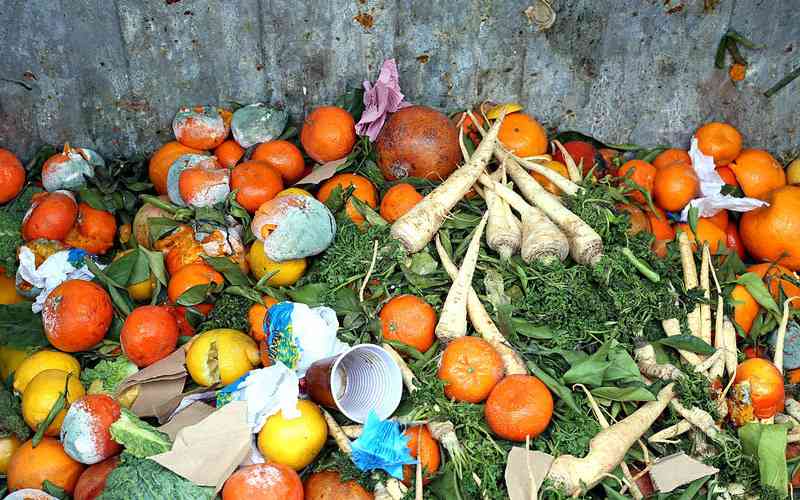
The mission to significantly reduce the 4,5 million tonnes of edible food thrown away each year in the United Kingdom gets underway for its third consecutive year with the return of Food Waste Action Week from March 6 to 12.
The theme for this year is “Win. Don’t Bin” and will shine a light on how correct storage of food that has already been purchased and prepared can provide a second, or even third, meal for free.
The week is spearheaded by Wrap, a climate action charity founded in the UK in 2000 and working in over 40 countries mainly in Europe and America.
Wrap is seeks to address cost-of-living challenges during the week to encourage consumers to adopt a range of skills that will potentially reduce the impact wasted food has on the environment.
The drive is building on success of last year, which saw it go international for the first time — through Wrap’s Love Food Hate Waste campaign — with support from 80 organisations across 12 countries.
Wrap says it works around the globe with governments, businesses and communities to deliver practical solutions to improve resource efficiency within plastics, food and textiles.
Its “mission is to make the world a more sustainable place”.
“We bring people together, we act on the facts, and we drive change. The time to act is now. Changing the way things are produced, consumed and disposed of. The world must do more and act faster to combat climate change,” Wrap says on its website.
- ‘Win. Don’t Bin’ this Food Waste Action Week
Keep Reading
Shockingly, according to Wrap, 25% of food wasted by UK residents is down to cooking and serving too much food — a simple behaviour that is costing households a whopping £3,5 billion (US$4,2 million) a year.
The campaign “Win. Don’t Bin” aims to demonstrate the “little wins that come with correctly storing and using up leftover freshly cooked meals” and will be supported with a 30 second film and social assets.
Over 8 million people heard about the campaign in 2022, with 100 organisations taking part and 12 countries supporting. With the cost-of-living crisis still looming over the population, there is never been a better time to take action to reduce food waste and save money in the process by making more of the food already sitting in fridges and cupboards.
The BBC reports that more than 900 million tonnes of food is thrown away every year.
The UN Environment Programme’s Food Waste Index revealed that 17% of the food available to consumers — in shops, households and restaurants — goes directly into the bin.
Some 60% of that waste is in the home as in 2021.
Equally, reducing food waste can drastically cut greenhouse gas emissions and help protect the environment.
How can one get involved? The UK'S Nationwide Caterers Association gives the following tips:
Introduce a specials menu consisting of seasonal and leftover food items;
Share easy recipes and tips with followers/customers;
Use the hashtag #FoodWasteActionWeek and like and share relevant content on your social media channels;
Create your own social content regarding how people can re-use ingredients; and
Embed the Food Waste Action Week logo into your website.
The cost-of-living crisis is now the most severe threat the world’s population is currently facing, according to the World Economic Forum, and has left millions of people living with double and even triple-digit food inflation, says the UK’s Grocery Gazette. With one third of all food intended to be eaten — over 1,5 billion tonnes of food – going to waste each year, Wrap claims that reducing this number is crucial to slowing climate change.
“Fixing our failing food system is complex and multifaceted, and will require a complete overhaul,” Wrap interim CEO Richard Swannell told the Grocery Gazette.
“At a time when the world is experiencing rocketing food prices, when the number of people going hungry has increased in virtually every country, and when food waste is the culprit of between 8% to 10% of all global greenhouse gas emissions, the benefits of reducing this waste are multiple and cannot be ignored.”
He added: “It requires businesses reducing waste in their supply chains, as we are doing in our Courtauld 2030 agreement. It requires governments to include food waste policies in their net zero commitments.But especially, it requires all of us to take action in our own homes, as that is where a great deal of wasted food occurs — just under a billion tonnes per year,” Swannell commented. Last December, Wrap appointed Harriet Lamb as its new CEO, who is due to take her position on March 15. — Staff Writer.










